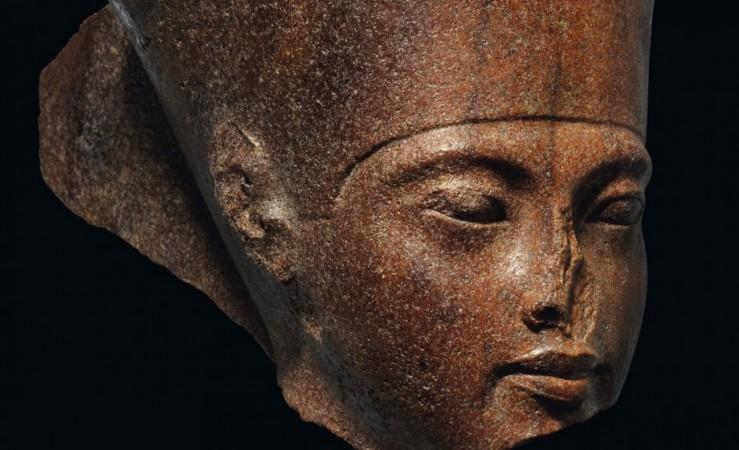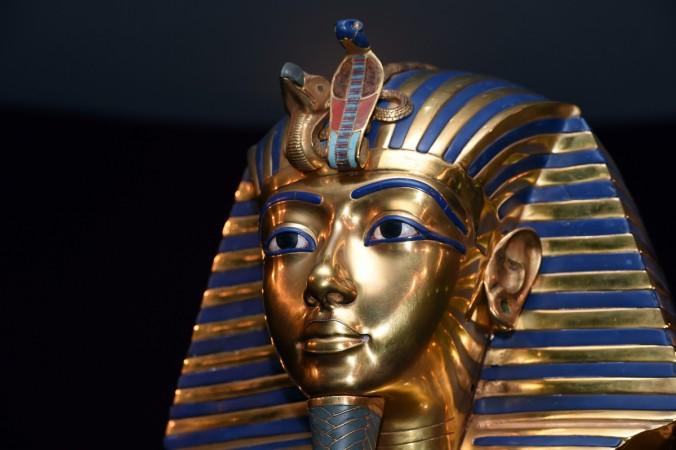
A 3,000-year-old bust depicting well-known Egyptian Pharoah, Tutankhamun, was sold by Christie's auction house for $6 million, despite pressure by Egyptian authorities to halt the sale.
The controversial sale of the 28.5cm (11-inch) statue of the "King Tut", taking the form of Egyptian god Amen, took place in London. It was sold for an estimated £4,746,250 (US$6 million) on Thursday.
The statue is believed to be stolen from the Karnak temple at Luxor according to Egyptian authorities. Former Egyptian Minister of Antiquities Zahi Hawass told AFP, "We think it left Egypt after 1970 because in that time other artefacts were stolen from Karnak Temple."
According to Christie's catalogue, the statue was possessed by Prinz Wilhelm von Thurn und Taxis in the 1960s. It later changed hands three times after the auction house acquired the artefact from Munich dealer Heinz Herzer in 1985.
The Egyptian embassy in the UK appealed to the United Nations Educational, Scientific and Cultural Organization (UNESCO) to halt the sale. But since the claims of illegitimate possession of the relic did not contain strong evidence, the bodies did not participate in settling the dispute.
Christie spokesperson Laetitia Delaloye said the item had not roused any concerns by Egyptian authorities before and said the item was "well known and exhibited publicly" for many years.
The auction house also said the item was not stolen and said in a statement, "We recognise that historic objects can raise complex discussions about the past, yet our role today is to work to continue to provide a transparent, legitimate marketplace upholding the highest standards for the transfer of objects," reported the Guardian.
"Our King"
It is reported that dozens of protesters held placards that said "Egyptian history is not for sale" and "stop trading in smuggled antiquities" outside the British auction house's London sales venue on the day of the sale.

"We are against our heritage and valuable items [being] sold like vegetables and fruit," Ibrahim Radi, a 69-year-old Egyptian graphic designer told The Guardian while protesting outside the building.
A 50- year old Egyptian national Magda Sakr who also participated in the protests told AFP that the cultural importance of the item is such that it deserves to be kept in a museum and not at a home. "It is history. It is one of our most famous kings," he said.
Egypt is trying to recover hundreds of items considered to be the country's national treasure after they went missing due to the loot that broke down in Egypt following 2011 ousting of former president Hosni Mubarak.
















